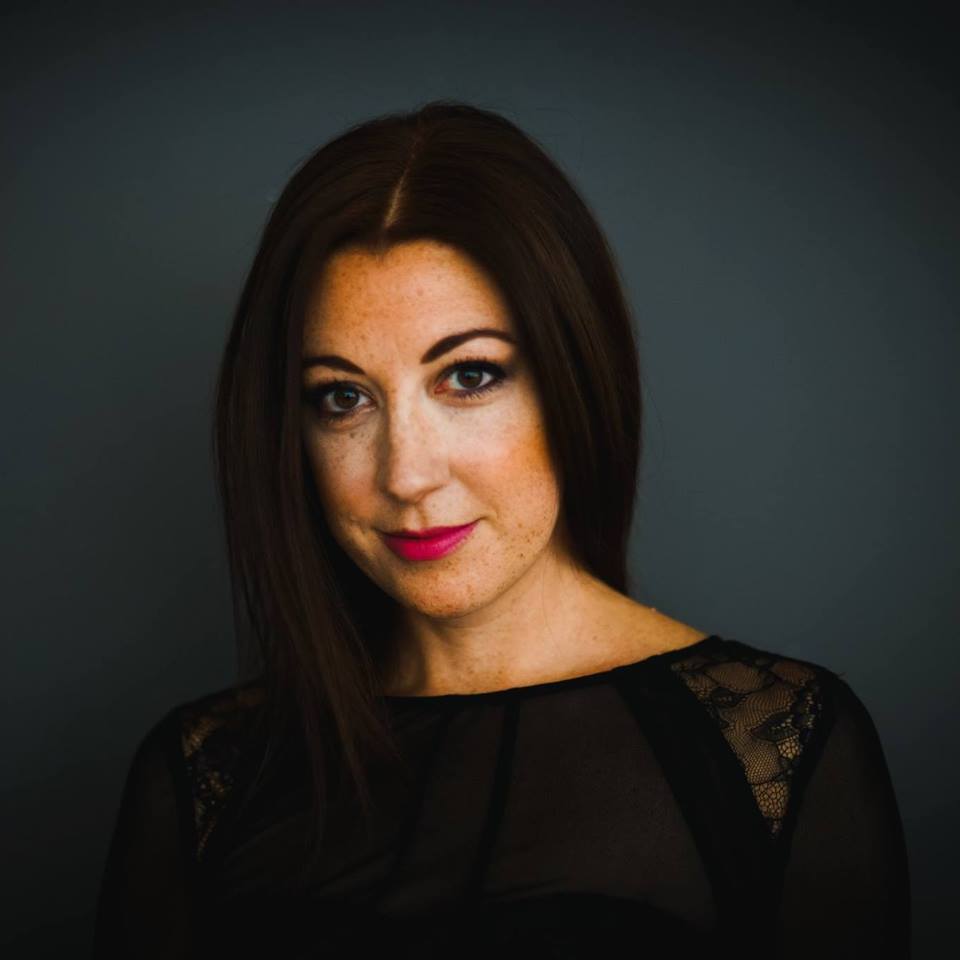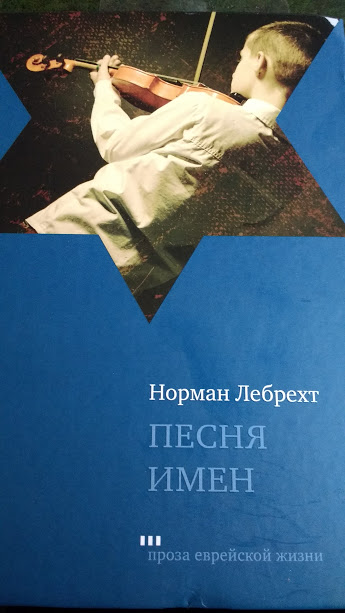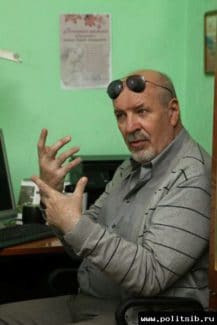Ioan Holender, the Romanian-born former head of the Vienna State Opera, has issued a stinging attack on the hapless administration at Bucharest National Opera.
Here’s what he says, in part:
I found out that [Beatrice Rancea, interim manager of BNO] paid 80.000€ to Roberto Alagna for singing two arias at a so called “Opera Gala”.
At Staatsoper Wien the maximum fee is 12.400€, while at La Scala, where Alagna is no longer invited, the fee is 15.000€. I don’t know how much she paid to the Mexican tenor Ramón Vargas – him too in his late autumn of his career – for his Edgardo in Lucia di Lammermoor, but his weak performance has been heard.
Holender goes on to criticise the ‘shameful’ forced departure of ballet chiefs Johan Kobborg and Alina Cojocaru and the failure of Andrei Șerban’s new production of Lehar’s Merry Widow, running four and a half hours.
Read Holender’s full article here (in Romanian).

From the Chicago music critic and concert organizer Peter Margasak:

I was incredibly excited to present and hear the Chicago debut of the London-based Kazakh violinist Aisha Orazbayeva next weekend as part of the series I program at Constellation, but this morning she advised me that she had decided to cancel the US tour she had planned with pianist Joseph Houston. I support her choice fully. With her permission I am sharing what she wrote to me:
“After reading about ban on people from predominantly Muslim countries and that seven refugees with visas have been taken off the plane bound for JFK, I cannot find it in me to enter the US. An Iranian citizen has been refused entry even though he has a green card… I’m reading this in the Guardian.
For me it comes down to this: if I were from Iran I wouldn’t be allowed to come in and if my pianist came from Iran he wouldn’t be allowed to come in, and in solidarity with my pianist I would not travel.
I feel very bad to cancel the tour, but why are they letting me in and not people from Syria? What is the difference? I provide ‘entertainment’ and they seek help. That is awful.”
Trump’s order has already impacted on academic freedom. Here’s a cautious assessment from the President of Columbia University.
Dear fellow members of the Columbia community:
With the executive order issued by President Trump barring admission to the United States of Syrian refugees and imposing a 90-day ban on all immigrant and nonimmigrant entry from seven Muslim-majority nations, the fear so many have had about federal policies being changed in ways that could affect our community has become disturbingly real.
The public controversy and legal debate over the President’s order is intense. Among the many strong petitions and compelling statements that have been issued is one from the Association of American Universities (AAU), of which Columbia is a member. We join with many peers in decrying this action as discriminatory, damaging to America’s leadership in higher education, and contrary to our nation’s core values and founding principles.
At a practical level, we are advising community members and visiting scholars from the designated countries to suspend plans for international travel. At the moment, we do not know of any Columbia students, faculty, or staff from the seven designated countries who are currently abroad. In the meantime, we urge anyone seeking further guidance to contact our International Students and Scholars Office (ISSO).
At a more fundamental level, this order undermines the nation’s continuing commitment to remain open to the exchange of people and ideas. We must not underestimate the scale of its impact. An estimated 17,000 international students in the U.S. are from the seven nations covered by the entry ban. Scholars planning to travel to the United States for meetings and conferences at our colleges and universities will effectively be barred from attending. If this order stands, there is the certainty of a profound impact on our University community, which is committed to welcoming students, faculty, and staff from around the world, as well as across the nation.
As I have said on many occasions, it is critically important that the University, as such, not take stands on ideological or political issues. Yet it is also true that the University, as an institution in the society, must step forward to object when policies and state action conflict with its fundamental values, and especially when they bespeak purposes and a mentality that are at odds with our basic mission. This is such a case.
It is important to remind ourselves that the United States has not, except in episodes of national shame, excluded individuals from elsewhere in the world because of their religious or political beliefs. We have learned that generalized fears of threats to our security do not justify exceptions to our founding ideals. There are many powerful and self-evident reasons not to abandon these core values, but among them is the fact that invidious discrimination often adds fuel to deeply harmful stereotypes and hostility affecting our own citizens.
It is with regret that I have to send this communication.
Sincerely,
Lee C. Bollinger



You can pre-order here from today.
The stamps are breathtaking. Her Majesty will be pleased.

The author of Rudiments of Music and the AB Guide to Music Theory has died, at 88.

As professor of music at Durham University, Eric Taylor was vastly influential in the infusion of gamelan music and other exotica into the lives of British composers.
Erica Peel is the new principal piccolo in Philly.
Music director Yannick Nézet-Séguin messaged: ‘Welcome Erica! A fabulous musician just joined the Fabulous Philadelphians!!’
Erica presently holds the principal piccolo/3rd flute seat at the San Diego Symphony. She succeeds Kazuo Tokito, an Ormandy veteran who retired last summer after 35 Philly years.

Benedikt Stampa, manager of the Dortmund Konzerthaus, will take charge of the Baden-Baden festival house in 2019, it was announced yesterday.
Stampa, 51, succeeds Andreas Mölich-Zebhauser, 64, who has led the lavishly funded festivals since 1998, luring the Berlin Philharmonic away from Sazlburg and establishing Baden-Baden as an enclave for the elite.


I have just received the Russian edition of my first novel and it is by far the most beautiful that I have seen.
Slightly larger than palm-sized, the print is cleaner than the UK, US and other language editions, the paper is smooth and the temptation to turn pages is irresistible. A Russian friend assures me that the translation, by Vladimir Golyshev and Olesya Kachanova, is idiomatic and immaculate.
Few editions of my work have given me such instant pleasure.
Russian link here.

BBC Tyne & Wear tells the lovely story of two opera fanatics, Ida and Luise Cook, who used their 1930s visits to opera houses in Austria and Germany to help oppressed people save their possessions and their lives.
‘The funny thing is we weren’t the James Bond type – we were just respectable Civil Service typists,’ said Ida.
‘This friend opened our eyes into the appalling situation Jewish people in Germany found themselves in. They were without any rights as human beings at all.’

As a permanent reminder of the sisters’ heroism, on Friday Sunderland Council unveiled a blue plaque at the entrance of Croft Avenue, which was their childhood home.
Read the full, heroic story here.

We regret to share news of the death of Paul Kudryavchenko, a Bolshoi tenor who also sang at Covent Garden, Munich, Bordeaux, Cardiff, Omaha and Florida.
Cause of death has not been given.














